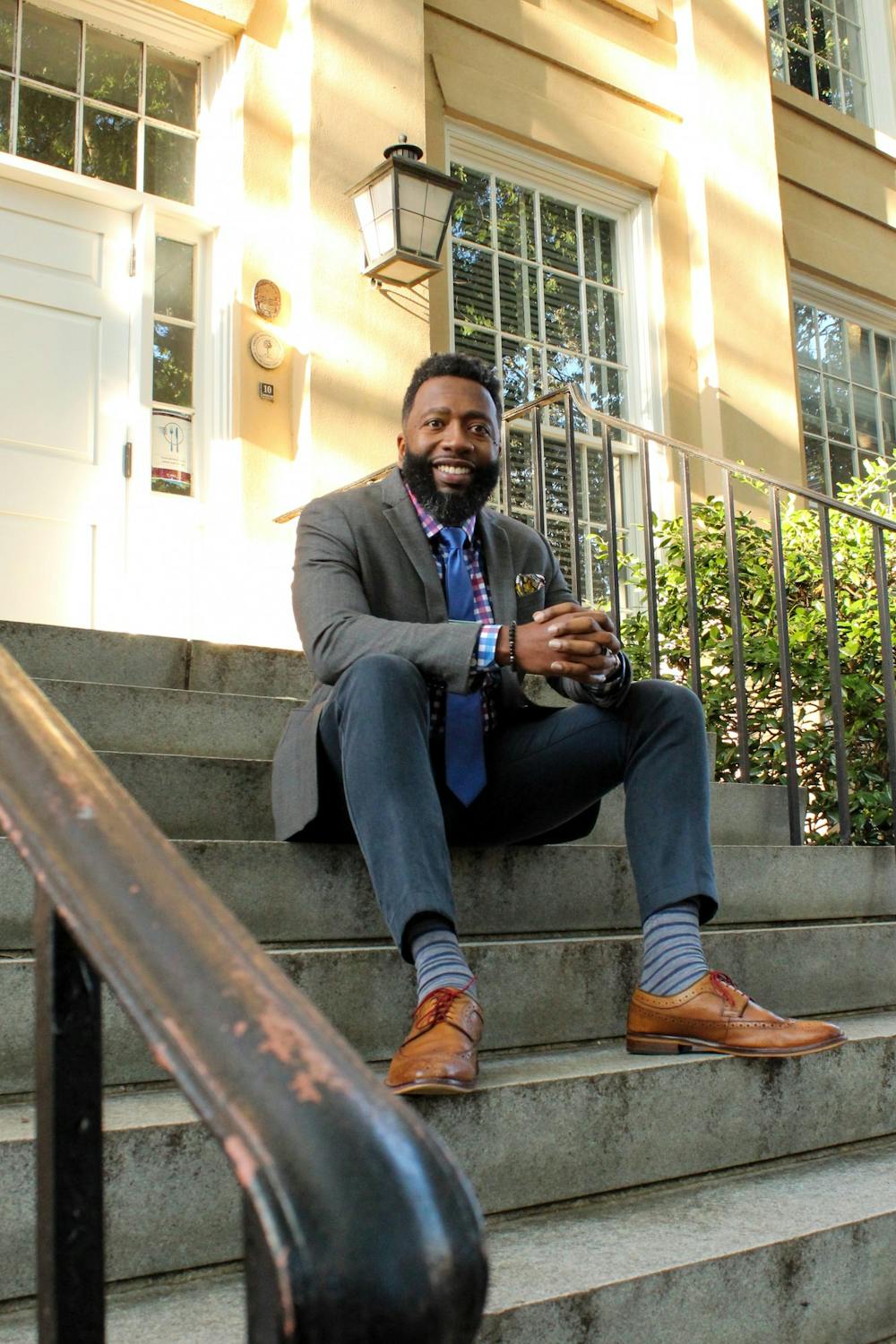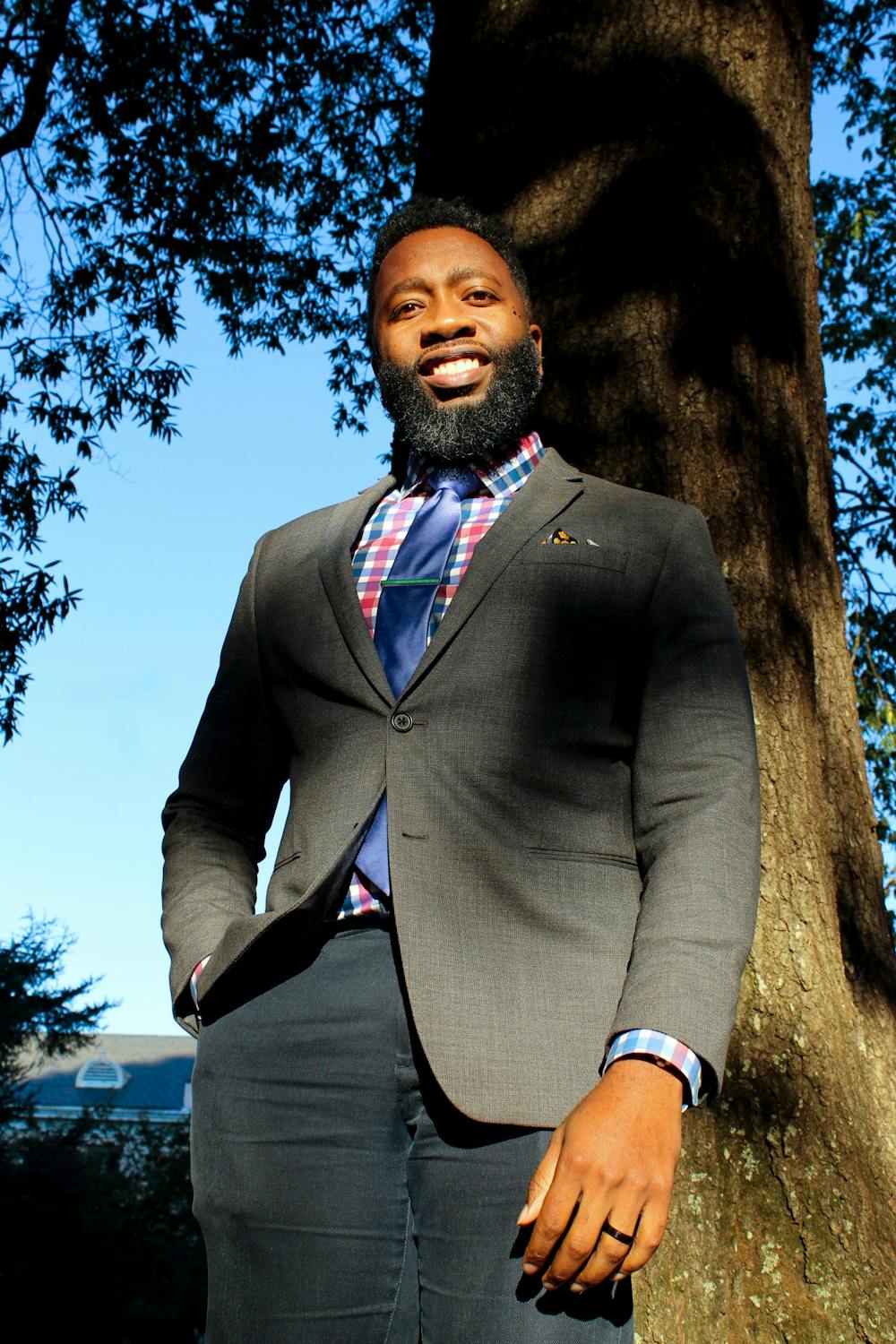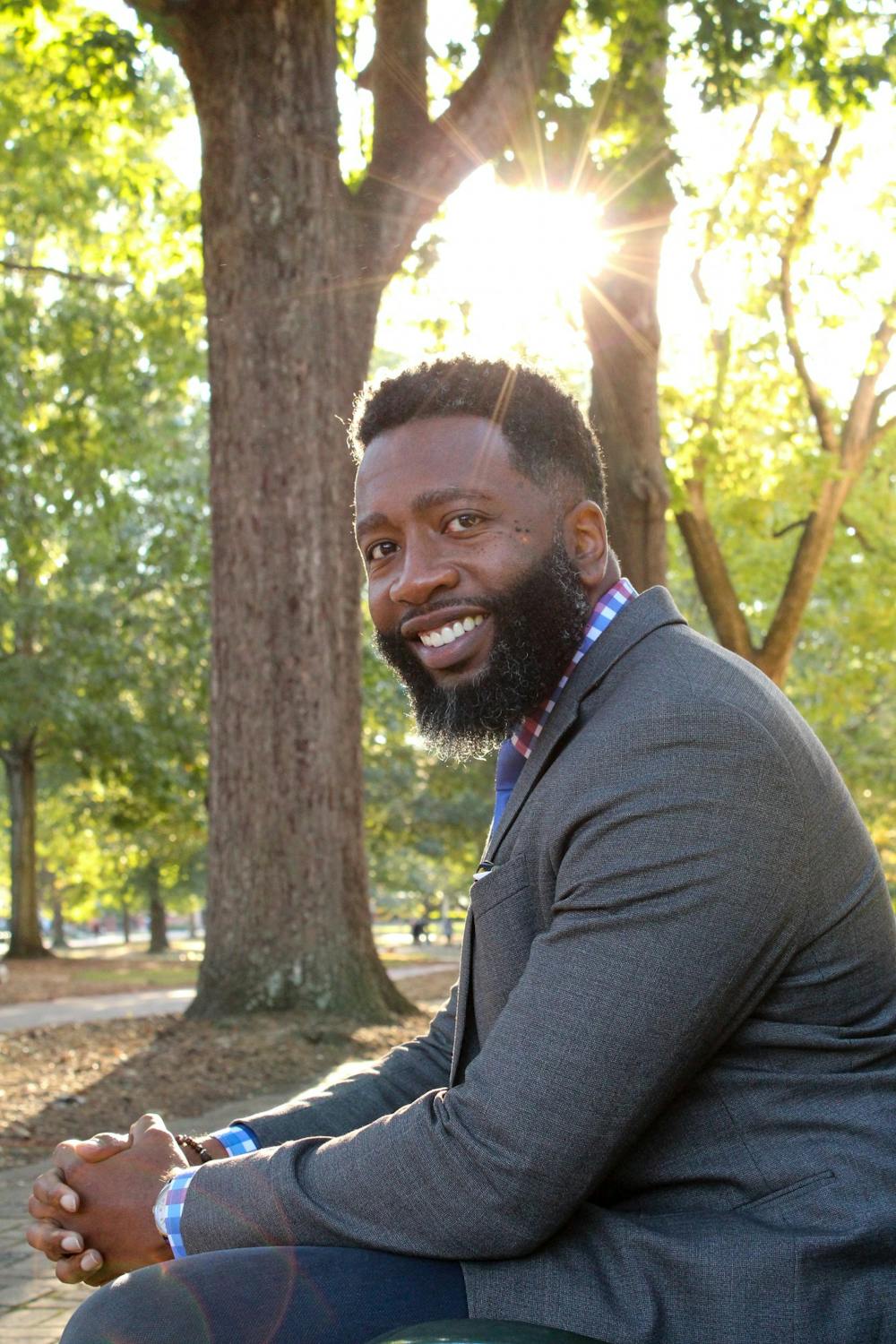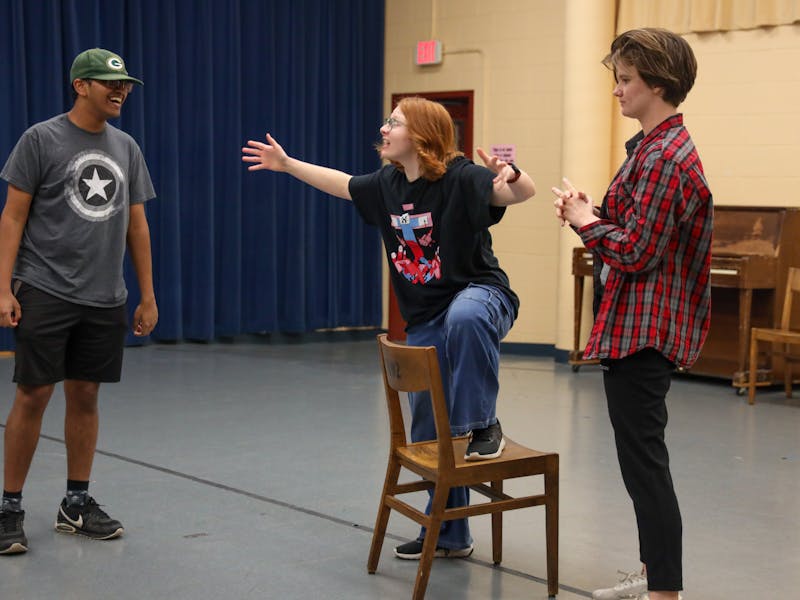The University of South Carolina is no stranger to a prejudiced history as an educational institution. Fortunately, landmark initiatives, alumni and student groups have paved the way for the university to progressively change in becoming conscious of students of all backgrounds, races, religions and ethnicities. Garnet & Black Magazine sat down with UofSC’s Vice President of Diversity and Inclusion, Julian Williams, to discuss his role and University efforts in changing the college culture.
Editor's note: portions of this interview have been edited for grammar and clarity.
G&B: Can you tell me a little about yourself and what you do here as Vice President of Diversity and Inclusion?
I’m originally from Michigan, where I attended the University of Michigan and obtained my bachelor’s. I was a student activist, student leader and held a few different roles that really shaped how I perform now with my own career. I also attended law school at Michigan State where I practiced Civil Rights Law for five years afterward. From there I really wanted to get involved in shaping education and getting involved in causes I believe in, particularly around inequities around race and socio-economic backgrounds. I initially worked as a diversity officer at George Mason University, but since June, I’ve been fortunate to come to the University of South Carolina as the first Vice President of Diversity and Inclusion. I’m really excited about South Carolina and the chance to work with our students, faculty, and staff and expand opportunities for Diversity around campus.
G&B: Can you name a moment in which you knew Diversity and Inclusion is an especially important department as of the current social and political climate?
When the George Floyd incident happened, I was already in the midst of coming to the University of South Carolina. That moment was so salient for me because it provided so much more weight and gravity because of the work I was doing. As I was a part of the protests in Washington D.C., I noticed how a lot of protestors were college students. To see and know that energy was going to be on our campus to hopefully make our campus more equitable and more affirming was a crucial signal for the need for societal change. That was really key for me. Another moment was when I was an undergraduate student at Michigan. As an African-American student in a predominately white institution, I was made to feel by peers, colleagues, and friends that I had stolen a spot at the university that I didn’t earn. I feel as if higher education has never met a problem that it hadn’t solved, yet when it comes to the problem of diversity and inclusion, there is serious progress we still lack. We put people in space, some students are even working on a cure for Covid-19 right now, and many other significant accomplishments. So when we raise the issue of a lack of inclusivity and opportunity for minorities and notice universities have yet to solve the problem, it’s not good enough and it doesn’t leverage what we do best as institutions.

G&B: What is it like when you have a conversation with a majority white executive board in talking about a more diverse and inclusive university?
I try to be extremely authentic in approaching those sorts of things. I’m still a kid from a poor small town in Michigan that was fortunate enough to get an education, but now I feel as if it’s my role to speak for those students who were like myself. Some students, both current and alum, have told me about their experience on campus. They’ve mentioned feelings of invisibility, and what it’s like to feel invisible as a person of color or someone from a marginalized background on campus. What it’s like where you walk into class and you’re the only black, brown, or LGBTQ+ student in the class. Or to feel as if you don’t feel like other races or ethnicities are represented in the faculty on campus. Even navigating feelings of imposter syndrome. I really resonate with students who feel as if they had to endure their college experience rather than enjoy it. Therefore, I try to bring my authenticity and use my platform in making an impact whenever I approach those conversations with faculty and staff. I would also like to say that one of the things I love about this job is the fact that I get to show up Black every day. And with what I have been tasked to do by the University and leadership, I really enjoy being able to do my job with honesty.
G&B: Earlier this year there were talks about renaming Sims Hall. Do you feel like Carolina is taking the right approaches in tackling historically prejudiced and discriminatory landmarks?
I think this is an excellent topic because it represents what’s happening societally. I feel like almost every other day there is a college, city, sports team or other institution that looking at statues, symbols and names of who we’ve commemorated and are asking the right questions. Do these symbols and landmarks amplify and reflect our values? For us at UofSC, we need to have the same reckoning. I am excited that we are undertaking a process with the Presidential Commission on University History to do that around names. I also feel like our history goes beyond just names, because we need to study of contributions of enslaved individuals, and how we have benefitted from the uncompensated labor of African Americans. I think we want to be on the right side of history. Do the names truly affirm our students and who we are is a question that we have to answer. When we look at the University’s mission statement and who we are, it’s awesome and excellent. So our names and landmarks need to be reflective as well. When I talked to one African-American student here on campus, she recalled how after a long day of navigating all the responsibilities of a college student, walking into her dorm of Sims Hall, which was named after someone who performed heinous medical procedures on Black women, is really the last slap in the face. So, we have a duty to listen to the community and students on these types of issues.
G&B: UofSC is a southern school that has historically been prejudiced. However, there is a bigger push for a more inclusive environment, and even now the population of students that belong to a minority group is 25%. What would you consider to be a good place the University would be in for the next 5-10 years in terms of progress?
I love this question and I think about it in a few different ways. I think from an accessibility perspective, we have to increase the number of minorities in our undergraduate and graduate schools. Whether this is in African American, Latin, LGBTQ+, Native American, Asian and other group numbers, we need to increase them. It’s unacceptable for a university with a tumultuous history around accessibility particularly around persons of color to not be at the forefront of change and leadership. Seeing how we were also one of the last Southern institutions to even desegregate, we truly have a duty to be better in that area. We also need to make sure our faculty is representative as well. You cannot tell me that there is a world-class faculty that is not diverse. Progress with faculty is just as important as progress in the Gamecock culture. We truly need to become a leader in this, and when we look at our strategic plan, we have the ability to improve the campus.

G&B: How proud are you of the current multicultural initiatives and organizations around campus?
I am so proud of the students because I really love that students are taking ownership of their experience, even when students are made to feel as if their claim on the University isn’t as true as someone else’s claim. I love when students are taking true ownership of their time and opportunities. Whether it’s through our student leaders, athletes or student organizations, it’s them that are leading a cause for a better campus. When I look at organizations such as the Office of Multicultural Student Affairs, ethnic and religious organizations on campus, the Association of African-American Students, it just makes me incredibly optimistic about the future moving forward.
G&B: Diversity and Inclusion can be an uncomfortable subject to talk about. What is one piece of information you would want people to take away as someone who is Vice President of the department?
I really want people to understand that we all have to do our own work. We have to learn about our own biases and shortcomings, how we can support others, and our role to play. As Gamecocks, we should be okay with being uncomfortable. Some of the classes I have learned the most in, conversations that I have learned the most from, all started with a bit of discomfort. We have to listen intently and open our ears up to the lived experiences of others. Progress won’t come easy, but if we do our own work, we can truly become a more equitable, diverse and inclusive University.



